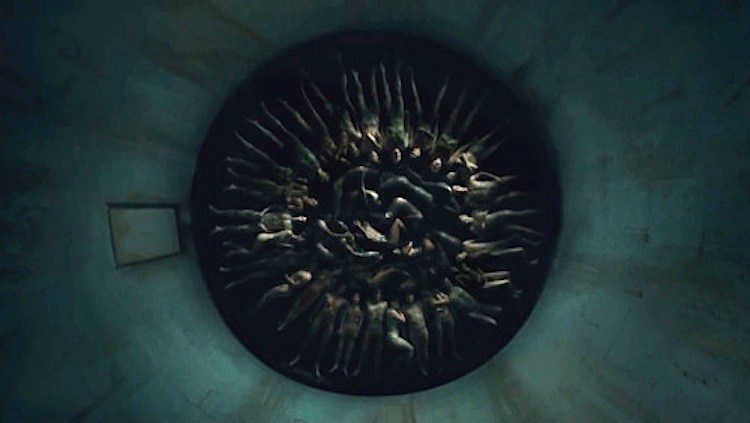In the 1970s, blockbuster movies in the United States helped fuel the perception that killing society’s worst criminals was a heroic act made necessary by a legal system with loopholes that allowed them to evade punishment. Movies like “Dirty Harry” and “Death Wish” featured white men who, fed up with a status quo that regularly let the guilty go unpunished, took matters into their own hands and killed criminals vigilante-style. Though technically criminals themselves, the vigilante folk heroes of these films became stand-ins for the government many Americans wished they had–one that delivered flawless, swift, and irreversible justice to dangerous predators. As a number of scholars have noted, Americans’ explanations for their renewed commitment to capital punishment in the 1970s and 1980s often framed the death penalty as an embodiment of vigilante values.
Interestingly, the white men who delivered this kind of justice were queer figures: widowed or unmarried, they lived their lives outside of the context of nuclear families. Vigilante heroes’ unconventional approach to justice mirrored, it seemed, their unconventional lives.
That all changed when “Dexter” premiered in 2006. “Dexter” is Showtime’s hit television series about a forensic scientist in Miami who moonlights as a killer of killers who have evaded justice. In the show’s first season, Dexter Morgan is introduced to us as a psychopathic serial killer who fakes normalcy. It is only because his father recognized his tendencies early on in life and taught him how to channel them against at-large killers, we learn, that Dexter himself is not an evil killer of innocents.
At first glance, Dexter’s blood lust and proclaimed indifference to other humans makes him seem even more queer than his cinematic predecessors were. Over the course of the series’ first three seasons, however, Dexter becomes domesticated. He meets, falls in love with, and eventually marries a traditional woman named Rita, becomes a father to her children from a previous marriage, and then fathers his own biological child.
“Dexter” announced the arrival of a domesticated vision of the vigilante punisher. Rather than simply protecting the nuclear family, the vigilante hero became an expression of the nuclear family.
In this clip, the opening credits of the series, we see the show’s efforts to blur the domestic with the violent. As Dexter awakens and goes through his morning routine, each of his mundane activities, from flossing his teeth to juicing a grapefruit to putting on his shirt, are presented in extreme close ups that invite us to confuse them with something lawless and violent: tightening a rope before strangling our victim, draining the blood from the flesh of his corpse, wrapping his decapitated head in a garbage bag.
What are we to make of these visual “double entendres”? They appeal to our desires to infuse into the prosaic details of everyday life a sense of gravity and possibility and suversiveness that they otherwise lack. But they also reflect the show’s efforts to make vigilante violence compatible with–and perhaps even an integral part of–the traditional family values that are at the heart of social conservatism. Normalcy and domesticity aren’t the enemies or mere beneficiaries of the kind of vigilante violence Dexter regularly serves up–they are part of it.
“Dexter” helps us to build upon findings by social scientists that communities that use the death penalty most are both socially conservative and libertarian, respectful of traditional values, but distrustful of the authority of the state. Since the 1970s, arguments for the death penalty have appealed to our distrust of “the system” and our desire to take matters into our own hands. But that rhetoric is also potentially at odds with a social conservatism that values hierarchy, respects authority, and urges self-discipline. Vigilante violence flouts these values. By making a normal family man out of its vigilante hero, “Dexter” ultimately offers us the fantasy of a world in which lethal violence can be meted out by men who deliver justice without becoming lawless themselves.







